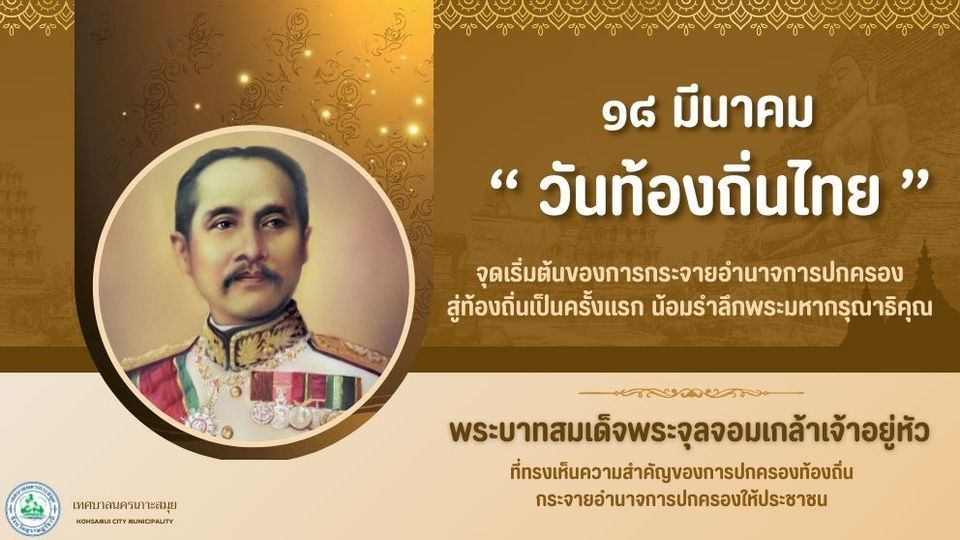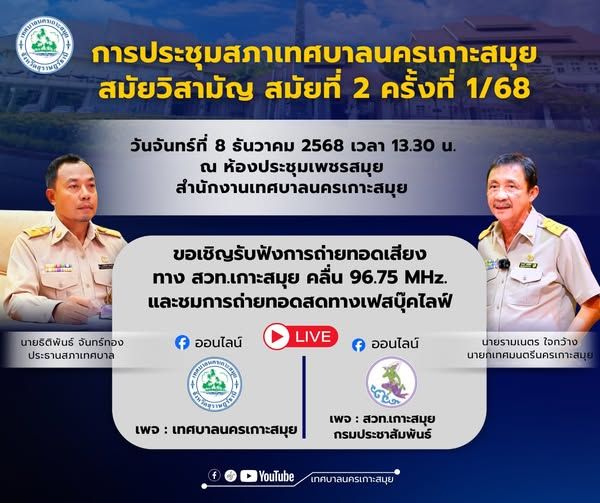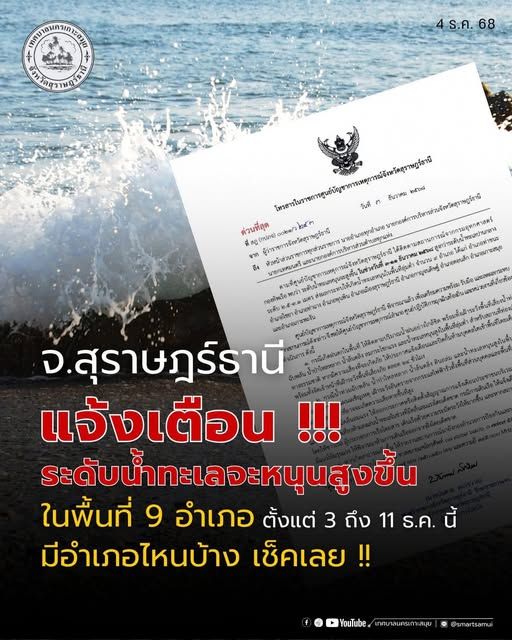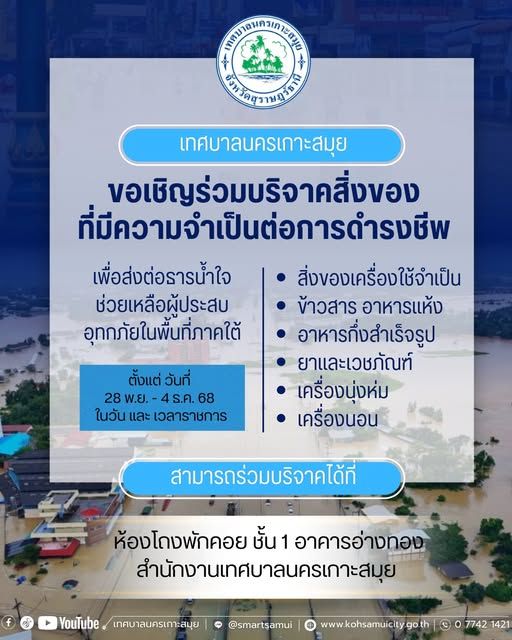The Historical Decision of 1905
On March 18, 1905, a significant shift happened in the governance of Thailand. King Chulalongkorn, also known as Rama V, made a groundbreaking move that forever changed the course of local administration in the nation. His Majesty bestowed royal grace upon the Tha Chalom Subdistrict, transforming it into “Sukhaphiban Tha Chalom.” This act wasn’t just about changing a name; it was the first step towards decentralization, entrusting the people of the locality with the power to govern themselves.
Decentralization: Empowering Local Governance
The idea of decentralization is to bring power closer to the people. It’s about ensuring that decisions affecting local communities are made by those who live in and understand those communities. By elevating Tha Chalom, King Chulalongkorn planted the seed for a system where administrative powers would be distributed to local administrative organizations (LAOs). These LAOs became responsible for various local matters, from public health to education and infrastructure.
The Ripple Effect of a Royal Decree
The declaration of the Sukhaphiban Tha Chalom didn’t just stop there. It set off a ripple effect that led to the establishment of more LAOs across Thailand. Each LAO became a mini-hub of democracy, a place where the voices of the locals could directly shape their environment. This process laid the roots for a more participatory form of governance, aligning with the broader principles of democracy.
Annual Celebrations on March 18
In recognition of this pivotal moment in history, the Thai Cabinet officially designated March 18 as Thai Local Administration Day. Each year, this day is a reminder of the progress made towards self-governance and the ongoing commitment to the decentralization of power. It’s a time to reflect on the importance of local decision-making and the impact it has on nurturing a democratic culture.
The Legacy of Local Administration in Thailand
Today, the structure of LAOs continues to play a vital role in the governance of Thailand. They serve as foundational elements in Thailand’s democratic system, embodying the principles of self-governance and community participation. This framework has allowed for tailored solutions to local issues, fostering a sense of ownership and responsibility among Thai citizens.
Looking to the Future
As Thailand continues to evolve, the significance of local administration remains undiminished. The celebration of Thai Local Administration Day is not just about looking back at a historical event; it’s about looking forward to the continuous development and strengthening of democracy at the grassroots level. This day represents the enduring spirit of collective governance and the shared vision of a democratic and prosperous Thailand.




